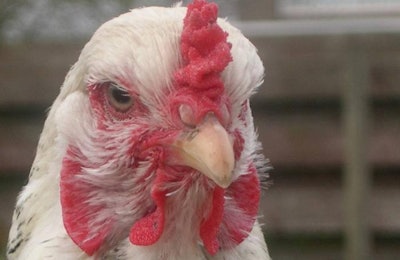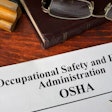
The U.K poultry industry is disappointed with U.K. ministers, who recently reversed a decision to repeal the welfare codes for farm animals which would have seen the statutory controls being replaced by updated welfare guidance generated with industry representatives.
The new situation had been scheduled to come into effect later in April for poultry, with the other species to follow at a later date.
The reversal was announced by the Department for Environment, Food and Rural Affairs (Defra), which explained the decision was made in response to strongly voiced opposition from animal welfare campaigners and the parliamentary opposition. Claims included a lack of confidence in the proposed system and concerns that policing the standards would come under control of the industry itself.
Poultry industry, farmers disappointed
Poultry sector association, the British Poultry Council (BPC) had been actively involved since 2012 in updating the legal codes on poultry welfare into the proposed guidance on poultry meat bird welfare for the future.
“We’re disappointed by the change of policy at Defra. What this means now is that we, along with other livestock sectors, will be left with outdated welfare guidance,” said BPC Chairman John Reed.
Organizations had speculated on what information the guidance might contain, with claims that the livestock industry would become self-regulating but that was never the case, according to the BPC. The law and enforcement of animal welfare regulations were always going to remain with Defra. What the policy meant, was that the welfare guidance, supporting the legislation, would have been jointly-owned by industry and government to ensure that they were kept up to date with legislation, industry practice and research.
“We supported the move towards jointly-owned guidance and we have contributed a significant amount of resource to this piece of work and are frustrated that it has been repealed before we were able to publish the content. By revoking its decision, Defra is walking away from an opportunity to ensure welfare guidance is kept up to date with the latest research using industry expertise,” added Reed.
Disappointment over the government U-turn was also expressed by the National Farmers Union (NFU), describing it as “a dangerous precedent.” NFU is urging Defra to continue work with farming organizations to replace the out-of-date statutory codes.
“It’s extremely concerning to us that Defra are rescinding the jointly-owned animal welfare guidance - it sets a dangerous precedent for both government and our industry,” said NFU Deputy President Minette Batters. “Reversing considerable efforts with the industry to replace older, out-of-date guidance in the face of sensationalist pressure from campaigning groups undermines both government rationale and the importance of an up-to-date animal welfare code.
“The Secretary of State has publicly acknowledged that British farmers have the highest standards of animal welfare in the world. These standards are absolutely integral to the success of any farming business and the effort and investment from farmers is shown in the high quality produce that results from this care and attention.”
Process questioned by British veterinarians
The British Veterinary Association (BVA) expressed concerns over a lack of transparency over how the new guidelines had been drawn up.
“BVA has not opposed the concept of moving to non-statutory codes, some of which are in urgent need of updating to reflect the latest animal welfare science and good practice,” said BVA President Sean Wensely. “However, we have questioned the way in which the consultation has taken place and raised concerns that public confidence could be undermined by a process that wasn’t sufficiently transparent.
“It is now important for Defra to work with the veterinary profession, industry and all relevant stakeholders to find a way forward that ensures vital welfare codes can be brought up to date in an open way that instils public confidence.”
Animal welfare charity welcomes change
Compassion in World Farming (CIWF) congratulated Defra on deciding “to prevent a backward step in animal welfare, which would have seen them abandon their duties to animal welfare.”
“We are delighted that Defra has listened to public concerns and decided to drop its plan to scrap the statutory welfare codes,” said CIWF Chief Policy Advisor Peter Stevenson. “It must now move quickly to update and strengthen the codes. And it must enforce its code requirement that, when chickens are being loaded up for transport to the slaughterhouse, they must be caught and carried by two legs not just one.”

















